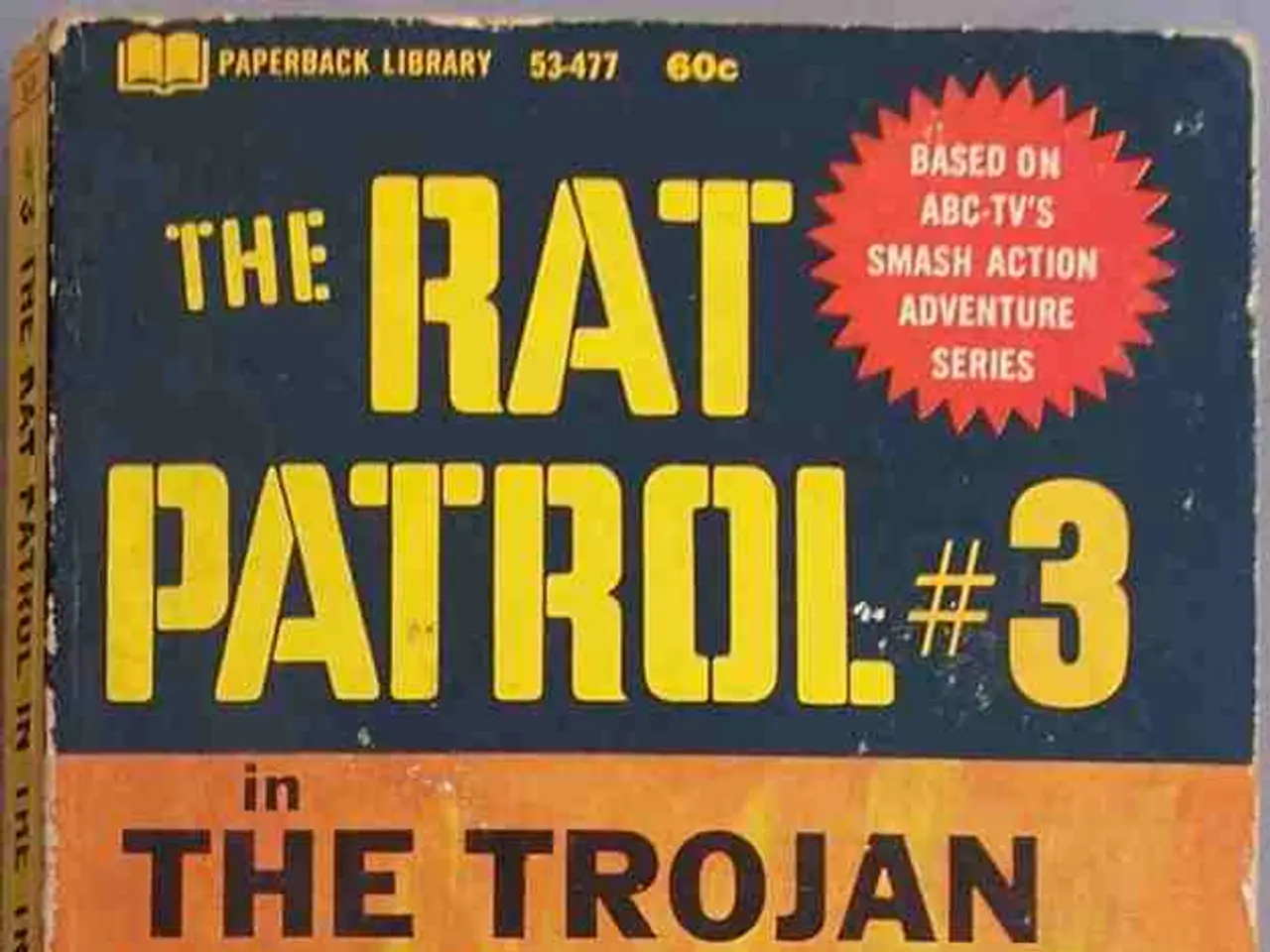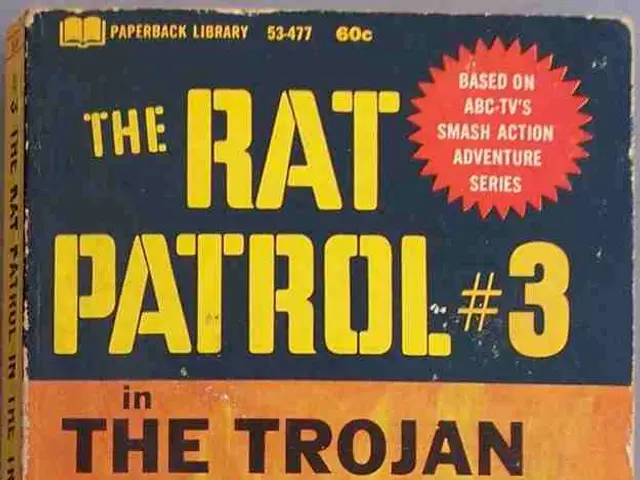U.S. Wars in the Middle East Have Taken a Toll on Ghaith Abdul-Ahad's Senses
In 2003, Ghaith Abdul-Ahad, a young graduate from architecture school, found himself in the midst of a historical event - the American invasion of Iraq. As the chaos unfolded, Abdul-Ahad quickly dropped what he was doing and followed American soldiers to Firdos Square, where he witnessed the iconic moment of the pulling down of a statue of Saddam Hussein.
Before the invasion, Abdul-Ahad had little interest in journalism. He grew up viewing journalism as a despised government job in Iraq. However, the events that transpired sparked his curiosity and desire to understand more about Saddam and his regime.
Abdul-Ahad's initial career was as a translator, but he found it challenging to unlearn the categorization of people based on their religious affiliations that was imposed by the journalists he worked with. This experience led him to question the fair representation of the Iraqi people's experiences, particularly the binary choice between Saddam and the Americans.
The invasion of Iraq and the fall of Saddam Hussein's statue marked a turning point in Abdul-Ahad's life. Within days, he signed on with a British reporter from The Guardian, working as a translator, before later striking out as a reporter of his own.
In the years that followed, Abdul-Ahad's journeys across the Middle East led him to meet people like Mustafa, a "reluctant collaborator" with the Syrian regime. Abdul-Ahad resisted the temptation to moralize and categorize Mustafa, recognizing that he was a product of his circumstances, not an ideologue who made his choices to save himself and his family.
Abdul-Ahad's 2023 book, "A Stranger in Your Own City," includes both previously reported stories and a large swath of new memories from his journeys across the Middle East. The book offers insights into the legacy of the American invasion in Iraq, a topic Abdul-Ahad believes Americans today do not fully understand.
The invasion of Iraq and the fall of Saddam Hussein's regime weaponized the sectarian differences in Iraqi society, pushing a segment of Iraqis to be labeled as oppressors due to Saddam being a Sunni. This, coupled with the financial losses and the strengthening of Iran's influence in the region, are aspects of the Iraq War's legacy that Abdul-Ahad believes American policymakers still do not fully grasp.
When the regime in Syria fell, Abdul-Ahad saw resemblances to the aftermath of the fall of Saddam in Iraq, but also recognized the differences, particularly the absence of foreign occupation. These experiences have shaped Abdul-Ahad's approach to journalism, and he has become a voice for those often unheard in the media.
In a recent interview with The Kicker, Abdul-Ahad spoke about his career and his reflections on the legacy of the American invasion in Iraq. He continues to advocate for a more nuanced understanding of the Middle East, challenging the simplistic narratives that often dominate the headlines.
Read also:
- United States tariffs pose a threat to India, necessitating the recruitment of adept negotiators or strategists, similar to those who had influenced Trump's decisions.
- Weekly happenings in the German Federal Parliament (Bundestag)
- Southwest region's most popular posts, accompanied by an inquiry:
- Discussion between Putin and Trump in Alaska could potentially overshadow Ukraine's concerns








